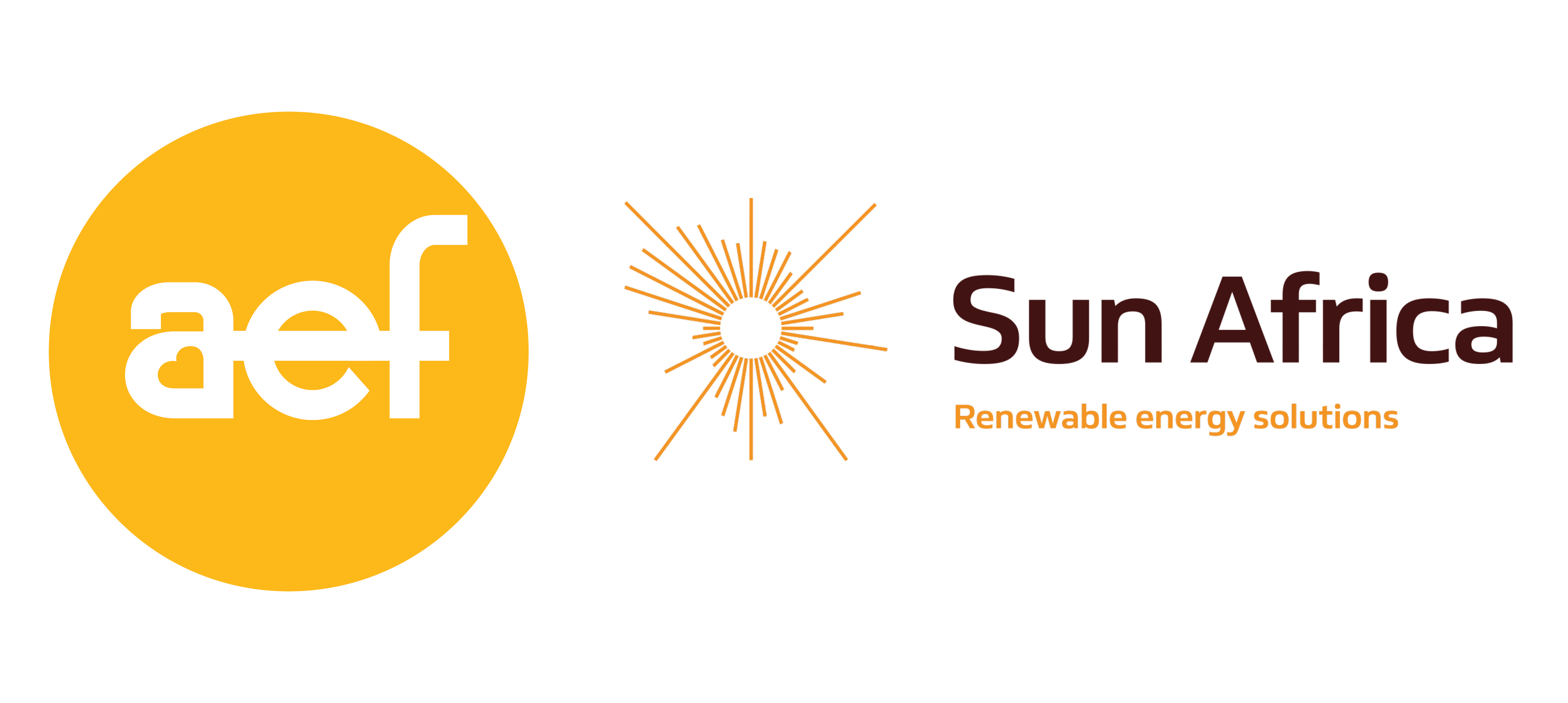The Africa Energy Technical Assistance Program (AESTAP): Mobilizing Technical Assistance for Africa’s Energy Sector hosted by AfDB
)
As the 2024 Africa Energy Forum entered into its final day in Barcelona, a session hosted by the African Development Bank (AfDB) was dedicated to discussing its Africa Energy Technical Assistance Program (AESTAP).
AESTEP was established to provide support to African countries in developing sustainable energy solutions and attracting investments for universal access to modern, affordable and reliable energy.
The program, which is focused on four key areas (knowledge and policy dialogue, power sector regulation, utility transformation and regional integration) seeks to address persistent challenges in Africa's energy sector, including inadequate policy frameworks, limited institutional capacity, financially unstable utilities and underdeveloped regional markets.
Despite seeing some progress in energy access across the region, these issues have historically increased risks and limited investments. While governments have attempted reforms, efforts are often fragmented and not embedded in national plans, limiting their impact. AESTAP's targeted technical assistance aims to overcome these obstacles, supporting sustainable energy transitions across the continent.
AfDB’s Wale Shonibare chaired the boardroom, explaining the ethos behind launching the program and setting the scene for the discussion. The session was well attended by a panel of seven speakers, including H.E. Honourable Dr Kandeh K. Yumkella, Chairman of Sierra Leone’s Presidential Initiative for Climate Change, Renewable Energy & Food Security, who led efforts to create the UN’s Sustainable Development Goal 7.
“We have always believed that energy is the ultimate enabler of development, including Africa’s ambition to industrialise,” he said during his opening remarks. “We need power for job creation… to drive change and to light up our countries.
“We are very excited that AfDB launched this initiative, which is not just about providing power but also clean cooking solutions…Regimes change, tactics might change, but programs and visions need to be consistent. This is why the knowledge system and data capacity generated by this program is so important.”
Dr Yumkella was referring to the Africa Energy Portal, a centralised database and information hub designed to remove friction by providing a single source of important data – data which can be leveraged by numerous stakeholders, from governments to private investors, to underpin key decisions.
Joining Dr Yumkella were several partners and beneficiaries of the program, including AfDB’s Callixte Kambanda and representatives from the Southern Africa Power Pool (SAPP), GET.transform, TANESCO, Ghana’s Public Utilities Regulatory Commission (PURC) and the Regional Association of Energy Regulators for Eastern & Southern Africa (RAERESA).
The session proceeded to a discussion about the impact of AESTAP to date, with panellists sharing their experiences and project highlights.
From battery energy storage systems in Nigeria to database management systems in Liberia, Tanzania, Uganda and Ghana, and regional harmonisation of regulatory frameworks in Botswana and Namibia, AESTAP has provided millions of dollars’ worth of technical assistance across the continent to date.
“The program has helped us in many ways,” explained Ishmael Ackah, Executive Secretary at PURC. “It has supported us to decentralise… and digitise our documentation processes, which is making us function more efficiently. We have also created a media fellowship and trained local journalists across Ghana to analyse the data so they can use credible information in their stories.”
Mohamedain Seif Elnasr also outlined several benefits being realised by RAERESA, the CEO detailing enhancements around the adoption of best practices, including data collection and analysis, in addition to assistance in building a framework to harmonise regulatory and tariff structures.
“This framework building is really important, and clarity between countries at a regional level is what investors are looking for,” Shonibare added.
Ene Sandra Macharm also explained how GET.transform, a technical assistance program funded by the European Union which is active across much of Africa, has leveraged and aligned with what AfDB has developed through AESTAP to roll out its peer review initiative. This involves leaders from several countries coming together to share best practices on developing regulatory and policy frameworks.
“We cannot advance on our climate and energy goals by working in silos,” Macharm said. “Providing access to power to an additional 300 million people by 2030 is extremely ambitious goal, and it will not be achievable without real cooperation between key players such as utilities, regulators and governments.”

